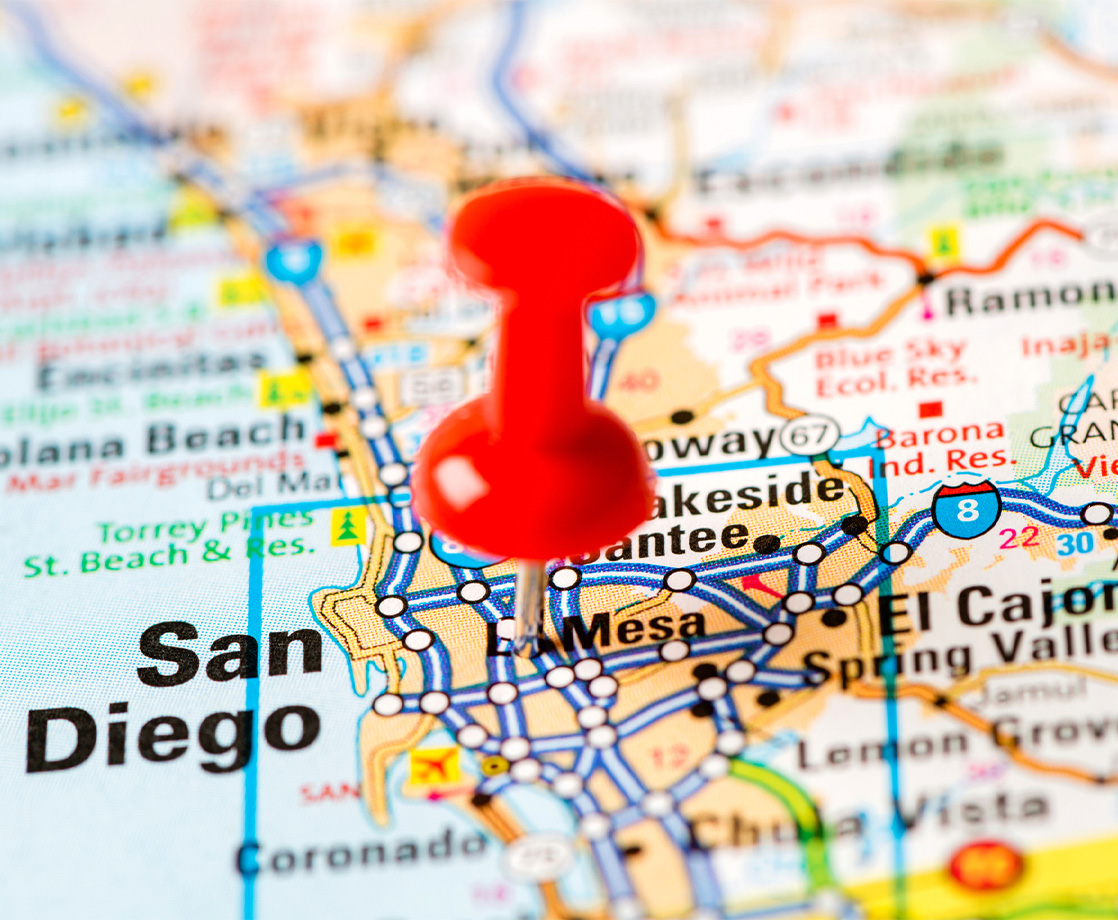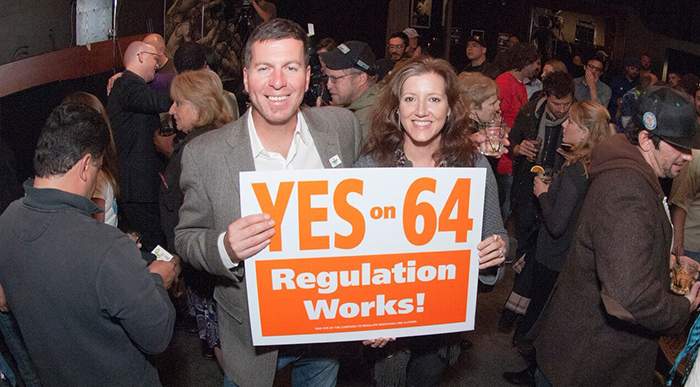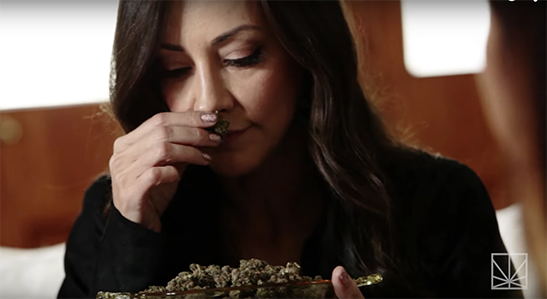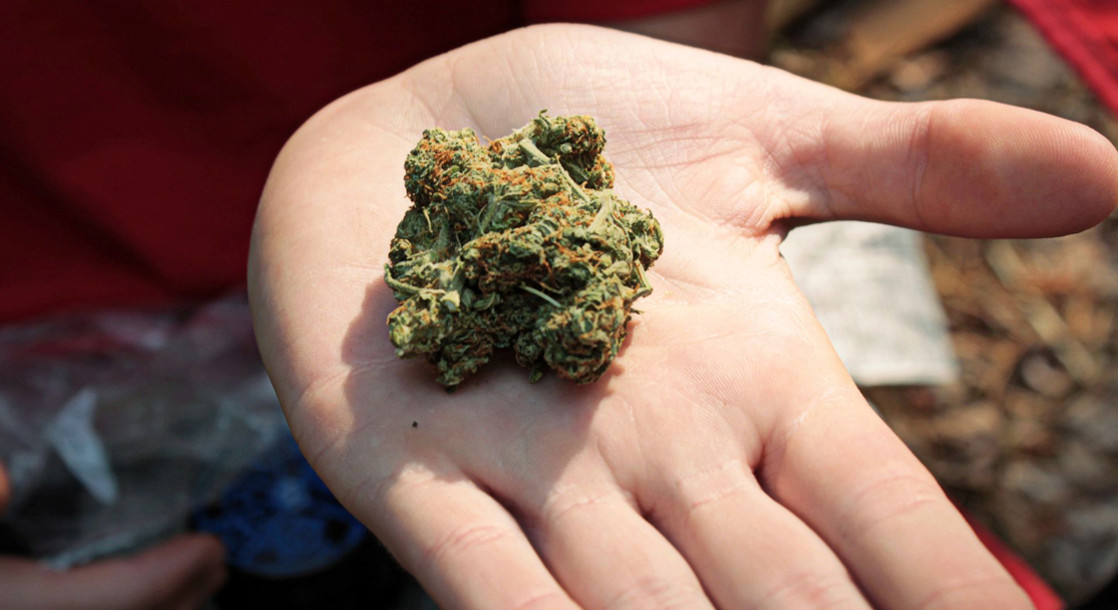When it comes to California’s laid-back, sun-soaked surfer reputation, few places actually follow through on that imagery quite like San Diego. But in between catching swells and sunset strolls on the beach, San Diego’s local cannabis industry is heading towards heavy turbulence.
According to the San Diego Union-Tribune, the city’s long-planned local transition from temporary to permanent cannabis production business licenses is threatening a citywide supply shortage. With an October 17th changeover deadline just two weeks away, none of the 40 permanently licensed businesses have begun to operate.
“We’ve been in this process for months, and we still don’t have a certificate of occupancy and we’re still getting comments back,” Gina Austin, an attorney representing several local marijuana businesses, said of one cultivator she represents. “The city wants us to explain the use and operations, and they complain we don’t have this or that on the plans.”
And for the majority of San Diego’s 33 current temporary license holders, the mid-October deadline is essentially a death sentence. Only 9 of the 33 semi-legal license holders were granted official permits, leaving the 24 other cannabis businesses out in the cold. Those two dozen cultivation and production companies have received notice from city code enforcement officers that they must shutter operations by October 17th.
Gallery — Some Seriously Extra Cannabis Extracts:
Even for the lucky nine companies that will be able to continue their operations into the coming years, the October licensing transition could still throw a wrench in production. Since all permanently licensed cannabis businesses must follow building code standards that are far more strict than they were during previous years, existing facilities are no longer up to snuff.
“This has been more of a struggle than some people anticipated,” Austin told the Union-Tribune. “It’s a new process with more scrutiny. There’s a lot of review by fire officials. They haven’t looked at this kind of use before — new standards keep coming up.”
San Diego’s 20 licensed dispensaries will likely make up for the impending local supply shortage by sourcing products from Northern California and other areas like nearby Santa Barbara. But the transition could have a significant effect on the 40 businesses struggling to get to market, as well as on local tax coffers.
“It’s going to be a huge disruption to the supply chain and the amount of taxes the city is receiving,” Austin said.
Follow Zach Harris on Twitter











